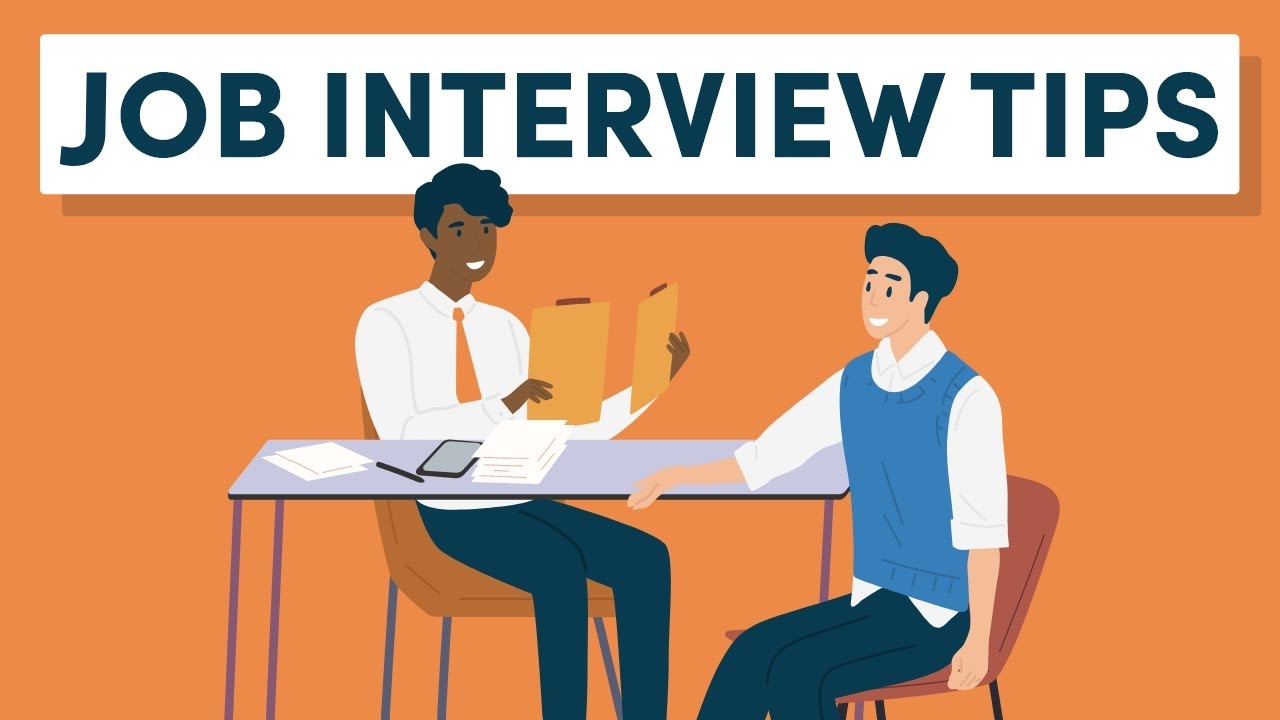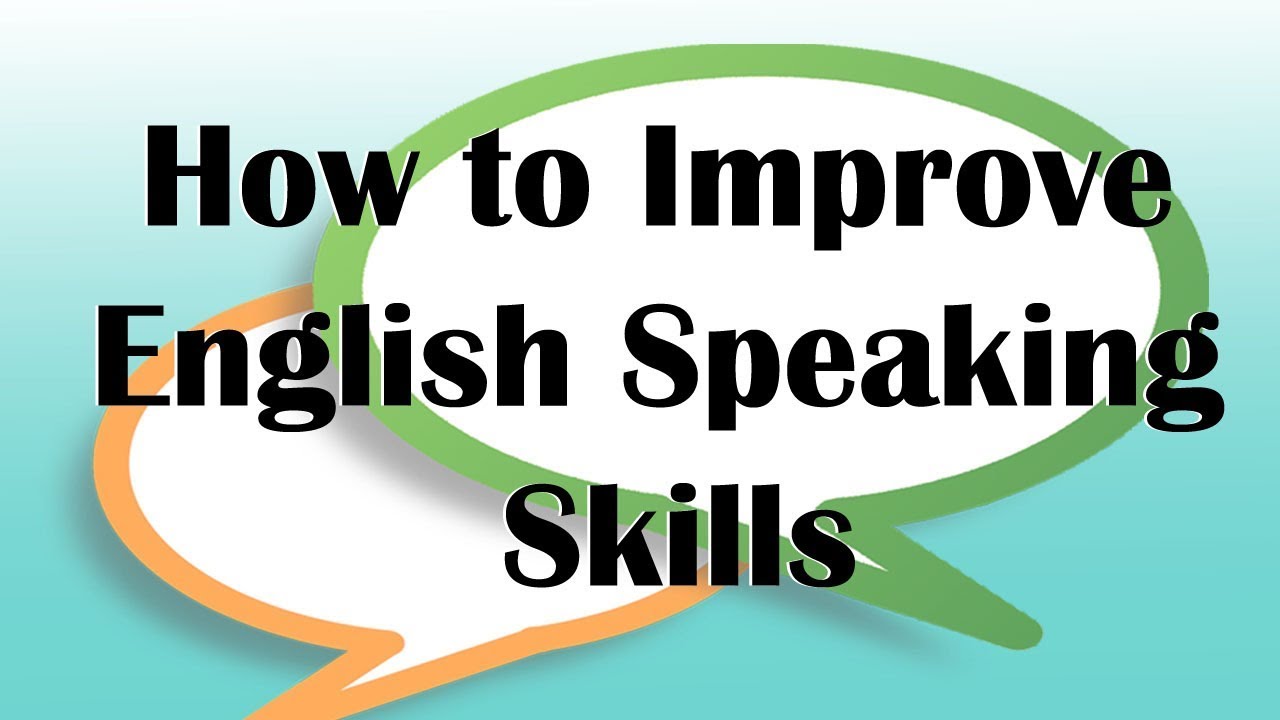Securing a job interview is a significant milestone in your job search journey, especially when you’re an international job seeker. However, the interview process can be daunting, particularly if you’re unfamiliar with the cultural norms and expectations of the country you’re targeting. This comprehensive guide provides valuable tips and strategies to help you prepare effectively for job interviews, ensuring you make a positive impression and increase your chances of success.
Understanding the Interview Process
Before diving into preparation, it’s essential to understand the interview process in the country you’re targeting. Interview formats and expectations can vary significantly across different cultures. Here are some common types of interviews you might encounter:
1. Phone Interviews
Phone interviews are often the first step in the interview process. They are typically used to screen candidates and assess their basic qualifications and communication skills.
2. Video Interviews
With the rise of remote work, video interviews have become increasingly common. These interviews are conducted via platforms like Zoom, Skype, or Microsoft Teams and require you to be comfortable with technology and on-camera presence.
3. In-Person Interviews
In-person interviews are traditional face-to-face meetings with the hiring manager or a panel of interviewers. These interviews often involve more in-depth questions and assessments.
4. Panel Interviews
Panel interviews involve multiple interviewers, often from different departments within the company. This format can be intimidating, but it also provides an opportunity to showcase your skills to a broader audience.
5. Behavioral Interviews
Behavioral interviews focus on past behavior as an indicator of future performance. Interviewers ask questions about how you handled specific situations in previous roles.
6. Technical Interviews
Technical interviews are common in fields like IT, engineering, and finance. These interviews assess your technical skills and problem-solving abilities through practical tests or coding challenges.
Research the Company and Role
Thorough research is the foundation of effective interview preparation. Understanding the company and the role you’re applying for will help you tailor your responses and demonstrate your genuine interest.
1. Company Background
Research the company’s history, mission, values, and culture. Visit the company’s website, read their “About Us” page, and check their social media profiles.
2. Industry Trends
Stay updated on industry trends and news. This knowledge can help you engage in informed discussions during the interview and demonstrate your industry awareness.
3. Job Description
Review the job description carefully. Identify the key skills and qualifications required for the role and think about how your experience aligns with these requirements.
4. Company Culture
Understanding the company culture can help you tailor your responses to align with their values. Look for information on the company’s work environment, employee benefits, and any recent news or achievements.
Prepare Your Responses
Anticipating common interview questions and preparing your responses in advance can boost your confidence and help you articulate your thoughts clearly.
1. Common Interview Questions
Here are some common interview questions and tips on how to answer them:
- Tell me about yourself.
- Provide a brief overview of your professional background, highlighting relevant experience and skills. Keep it concise and focused on your career journey.
- Why do you want to work here?
- Demonstrate your knowledge of the company and explain how your skills and values align with their mission and culture.
- What are your strengths and weaknesses?
- Highlight strengths that are relevant to the job. For weaknesses, choose a minor one and explain how you’re working to improve it.
- Describe a challenging situation and how you handled it.
- Use the STAR method (Situation, Task, Action, Result) to structure your response. Provide a specific example and focus on the positive outcome.
- Where do you see yourself in five years?
- Show ambition and alignment with the company’s goals. Discuss how you plan to grow within the role and contribute to the company’s success.
2. Behavioral Questions
Behavioral questions assess how you’ve handled situations in the past. Use the STAR method to structure your responses:
- Situation: Describe the context or background.
- Task: Explain the challenge or responsibility you faced.
- Action: Detail the steps you took to address the situation.
- Result: Share the outcome and what you learned.
3. Technical Questions
For technical roles, be prepared to answer questions or solve problems related to your field. Review key concepts, practice coding challenges, and be ready to explain your thought process.
Practice Your Communication Skills
Effective communication is crucial during an interview. Here are some tips to improve your communication skills:
1. Language Proficiency
If English or the local language is not your first language, practice speaking clearly and confidently. Consider taking language courses or practicing with a language partner.
2. Body Language
Non-verbal communication plays a significant role in interviews. Maintain eye contact, sit up straight, and use hand gestures naturally. Avoid fidgeting or crossing your arms.
3. Active Listening
Listen carefully to the interviewer’s questions and respond thoughtfully. If you don’t understand a question, politely ask for clarification.
4. Mock Interviews
Practice with mock interviews to simulate the real experience. Ask a friend, mentor, or career coach to conduct a mock interview and provide feedback.
Dress Appropriately
First impressions matter, and your appearance can influence the interviewer’s perception of you. Dress professionally and appropriately for the industry and company culture.
1. Research the Dress Code
Research the company’s dress code and aim to dress slightly more formally than the norm. When in doubt, opt for business professional attire.
2. Grooming
Ensure you are well-groomed. Pay attention to details like clean nails, neat hair, and minimal jewelry.
3. Comfort
Choose comfortable clothing that allows you to move and sit comfortably. Avoid wearing new shoes or clothes that you haven’t tested for comfort.
Prepare Questions for the Interviewer
Asking thoughtful questions at the end of the interview demonstrates your interest in the role and the company. Here are some questions you can consider:
- What are the key challenges facing the team/department right now?
- How do you measure success in this role?
- What opportunities for professional development does the company offer?
- Can you tell me more about the company culture and team dynamics?
- What are the next steps in the interview process?
Handle Cultural Differences
Cultural differences can impact the interview process. Here are some tips to navigate cultural nuances:
1. Research Cultural Norms
Research the cultural norms and etiquette of the country you’re interviewing in. For example, in some cultures, punctuality is highly valued, while in others, a more relaxed approach to time is acceptable.
2. Adapt Your Communication Style
Be mindful of cultural differences in communication styles. For example, in some cultures, direct communication is preferred, while in others, a more indirect approach is appreciated.
3. Show Respect
Show respect for the interviewer’s cultural background. Avoid making assumptions or stereotypes and be open to learning about their culture.
Follow Up After the Interview
Following up after the interview is a crucial step that can leave a positive impression. Here are some tips for effective follow-up:
1. Send a Thank-You Email
Send a thank-you email within 24 hours of the interview. Express your gratitude for the opportunity, reiterate your interest in the role, and briefly mention a key point from the interview.
Example:
Dear [Interviewer’s Name],
Thank you for taking the time to interview me for the [Job Title] position at [Company Name]. I enjoyed learning more about the team and the exciting projects you’re working on. I am particularly excited about the opportunity to contribute to [specific project or aspect discussed].
I am confident that my skills and experience align well with the needs of your team, and I look forward to the possibility of contributing to [Company Name]’s success.
Thank you again for the opportunity. Please feel free to contact me if you need any additional information.
Best regards,
[Your Full Name]
2. Follow Up on Next Steps
If the interviewer provided a timeline for the next steps, follow up accordingly. If you haven’t heard back within the specified time, send a polite follow-up email to inquire about the status of your application.
Additional Tips for International Job Seekers
If you’re an international job seeker, there are additional considerations to keep in mind when preparing for interviews:
1. Work Authorization
Be prepared to discuss your work authorization status. If you require a work visa, explain the process and reassure the employer that you are eligible to work in the country.
2. Cultural Adaptation
Demonstrate your ability to adapt to a new culture. Share examples of how you’ve successfully adapted to new environments in the past.
3. Language Proficiency
If English or the local language is not your first language, highlight your language proficiency and any language certifications you have.
4. Global Perspective
Emphasize your global perspective and how your international experience can bring value to the company. Highlight any cross-cultural communication skills and your ability to work in diverse teams.
Resources for Interview Preparation
There are several resources available to help you prepare for job interviews:
1. Online Courses
Platforms like Coursera, LinkedIn Learning, and Udemy offer courses on interview preparation and job search strategies.
- Coursera: https://www.coursera.org
- LinkedIn Learning: https://www.linkedin.com/learning
- Udemy: https://www.udemy.com
2. Career Centers
Many universities and colleges have career centers that offer interview preparation workshops and one-on-one consultations. These services are often available to alumni as well.
3. Professional Coaches
Consider hiring a professional career coach who specializes in interview preparation. They can provide personalized feedback and guidance.
4. Books
There are numerous books on interview preparation that offer valuable insights and tips. Some popular titles include:
- “Cracking the Coding Interview” by Gayle Laakmann McDowell
- “The 2-Hour Job Search” by Steve Dalton
- “Knock ’em Dead Job Interview” by Martin Yate
Conclusion
Preparing for a job interview as an international job seeker requires thorough research, practice, and cultural awareness. By following the tips and strategies outlined in this guide, you can approach your interviews with confidence and increase your chances of success.
For more information on job search strategies, resume writing, and career advice, visit VisaXtra. Our comprehensive resources and expert advice can help you navigate the complexities of the international job market and achieve your career goals.










